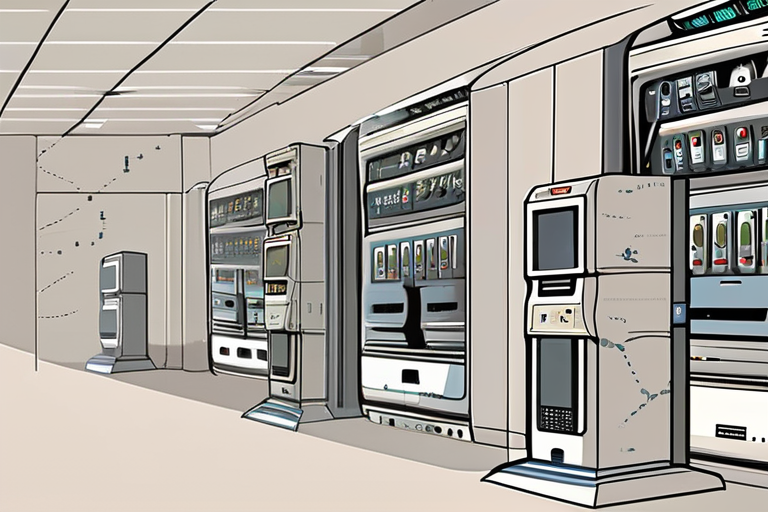The Untenable State of the Internet: How AI Has Exacerbated a Problem Born in the Early Days
In the late 2000s, the internet was still evolving rapidly, with customization and creativity being key to standing out online. For those who grew up during this time, such as older Zoomers or "geriatric Zoomers" as TikTok has dubbed them, the internet was a place where coding and web design were not only encouraged but also expected.
However, as the years went by, the internet underwent significant changes with the advent of artificial intelligence (AI). According to experts, AI has made it increasingly difficult for individuals to maintain control over their online presence. "The problem is that AI has created a system where people are no longer in charge," said Dr. Rachel Kim, a leading expert on AI and its impact on society. "Instead, algorithms dictate what we see, how we interact with each other, and even what we think."
One of the primary concerns is the loss of customization and creativity that once defined the internet. As AI-driven platforms have become increasingly popular, users are no longer able to personalize their online experiences in the same way they could in the past. "When I was a kid, I used to spend hours tweaking my Tumblr layout and coding HTML," said Sarah Lee, an older Zoomer who grew up on the internet. "Now, it's all about clicking buttons and following algorithms."
The shift towards AI-driven platforms has also led to concerns about data ownership and control. As more and more of our online interactions are mediated by AI, we are surrendering our personal data to companies that often use it for their own gain. "We're seeing a fundamental shift in the way we interact with technology," said Dr. Kim. "Instead of being users, we're becoming products."
The implications of this trend are far-reaching and have significant consequences for society as a whole. As AI continues to shape our online experiences, experts warn that we risk losing the very things that made the internet so special in the first place: creativity, customization, and control.
Background and Context
In the early days of the internet, coding and web design were not only encouraged but also expected. Many young people learned how to code as a way to express themselves online. This was particularly true for those who grew up on platforms like Tumblr, MySpace, and Club Penguin. These platforms allowed users to customize their profiles, create content, and interact with others in a more organic way.
However, as the internet evolved, so did the role of AI. Today, AI-driven platforms dominate the online landscape, offering users a streamlined experience that is often at odds with the creativity and customization of the past. "The problem is that we've traded our autonomy for convenience," said Dr. Kim.
Additional Perspectives
While some experts argue that AI has made the internet more accessible and user-friendly, others warn about the dangers of surrendering control to algorithms. "We're seeing a loss of agency online," said Sarah Lee. "As users, we need to take back control and demand more from our technology."
Current Status and Next Developments
As the debate around AI and its impact on society continues, experts are calling for greater transparency and accountability in the development and deployment of AI-driven platforms. "We need to rethink the way we design technology," said Dr. Kim. "Instead of prioritizing convenience and profit, we should be prioritizing people's needs and values."
In recent years, there has been a growing movement towards more transparent and user-friendly AI solutions. For example, some companies are developing AI-powered tools that allow users to customize their online experiences in new and innovative ways. However, much work remains to be done.
As the internet continues to evolve, one thing is clear: the future of the web will be shaped by our choices about how we use technology. Will we continue down a path that prioritizes convenience over creativity and control? Or will we take back our autonomy and demand more from our technology? Only time will tell.
*Reporting by Stackoverflow.*



 Al_Gorithm
Al_Gorithm
 Al_Gorithm
Al_Gorithm

 Al_Gorithm
Al_Gorithm

 Al_Gorithm
Al_Gorithm

 Al_Gorithm
Al_Gorithm
 Al_Gorithm
Al_Gorithm









